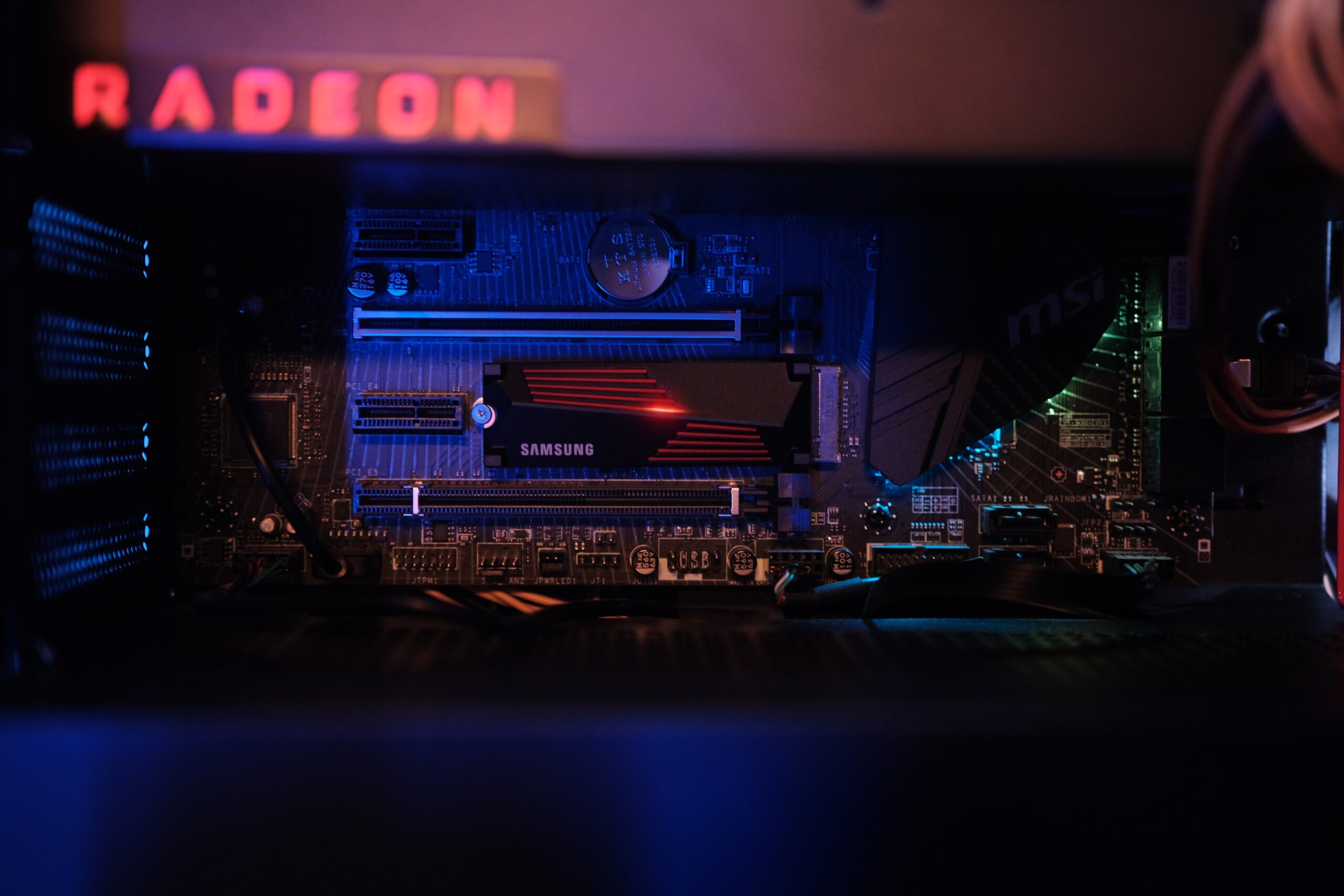Understanding Senior Memory Care: A Guide to Compassionate Support
Navigating the Challenges of Memory Loss
As we age, many of us will face the realities of memory loss, with conditions ranging from mild cognitive impairment to more severe forms such as Alzheimer’s disease and other forms of dementia. For seniors and their families, understanding and managing these changes can be both challenging and emotional. Senior memory care services offer specialized support, ensuring that those experiencing memory difficulties receive the care and attention they need to live fulfilling lives.
The Role of Senior Memory Care
Senior memory care is a type of specialized care designed to meet the unique needs of older adults with memory impairments. This care goes beyond what traditional assisted living communities provide, offering a secure environment with structured activities and routines to promote cognitive health and emotional well-being. Memory care facilities are staffed with trained professionals who understand the nuances of memory-related conditions. They work tirelessly to ensure that residents maintain the highest quality of life possible, emphasizing respect, dignity, and personal choice.
Key Features of Quality Memory Care Facilities
When considering senior memory care for a loved one, it’s essential to look for facilities that offer a combination of safety, personalized attention, and therapeutic interventions. Here are some key features that distinguish quality memory care communities:
1. Secure and Safe Environment: Facilities should have secure areas to prevent wandering, a common issue for individuals with memory impairments. Safety features like alarm systems, enclosed outdoor spaces, and constant supervision are critical.
2. Specialized Programs: Effective memory care programs are tailored to the abilities and interests of each resident. Activities might include music therapy, art programs, and memory-enhancing games, all of which stimulate cognitive function and enhance quality of life.
3. Individualized Care Plans: Care plans should be crafted with input from healthcare professionals, the resident, and their family members. These plans address medical needs, dietary restrictions, and personal preferences.
4. Compassionate Staff: Caregivers in memory care facilities are trained to manage the emotional and behavioral challenges associated with memory loss. Their empathetic approach can make all the difference in a resident’s experience.
Empowering Residents and Families
Senior memory care is not only about providing essential services to the resident; it’s also about empowering families. Memory care communities often offer resources and support groups for family members, helping them understand their loved one’s condition and how to cope with the changes it brings. By fostering an environment of education and support, memory care facilities ensure that both residents and families feel they are part of a caring and understanding community.
The Importance of a Holistic Approach
A holistic approach to senior memory care addresses the whole person, not just their memory-related symptoms. This means providing opportunities for social engagement, physical activity, and spiritual enrichment. By focusing on all facets of a resident’s life, memory care facilities can help seniors maintain their identities and sense of purpose, despite the challenges posed by memory loss.
Choosing the Right Memory Care Facility
Selecting the right senior memory care facility is a critical decision that should be made with careful consideration. Here’s what to keep in mind during the search:
– Visit multiple facilities to compare services, atmosphere, and staff demeanor.
– Inquire about staff qualifications and training specific to memory care.
– Observe how residents interact with staff and each other.
– Ask about the facility’s approach to managing common dementia-related behaviors.
– Review the activity schedule to ensure it’s robust and engaging.
– Check for cleanliness, safety features, and overall facility maintenance.
– Understand the costs and what is included in the monthly fees.
The Benefits of Specialized Care
Individuals who receive care in a senior memory care facility often experience improvements in their overall well-being. The structured environment reduces confusion and anxiety, while social interactions can help to slow the progression of memory decline. Additionally, having access to round-the-clock care gives families peace of mind, knowing that their loved ones are in capable and compassionate hands.
Embracing the Journey Together
Facing memory loss can be a difficult journey, but it doesn’t have to be navigated alone. senior memory care provides a supportive community where seniors can thrive despite their cognitive challenges. By embracing this specialized care, families can ensure their loved ones continue to enjoy life with dignity and joy.
By enlisting the help of a quality senior memory care facility, families can rest assured that their loved one’s needs are being met with expertise, compassion, and respect. This form of dedicated care is invaluable for enhancing the lives of seniors with memory impairments and for providing their families with support and understanding during a challenging time.
